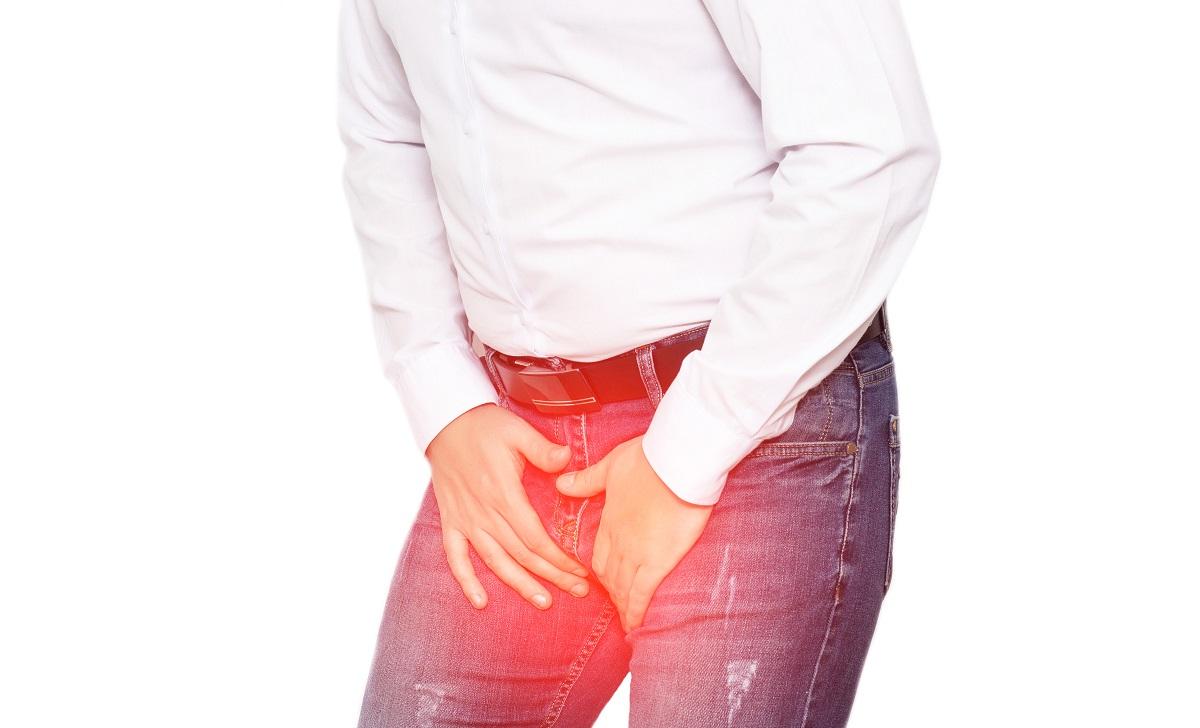October 28 is "Men's Health Day", among the common diseases of men, prostate cancer is not a strange disease, and many actors have died of this disease, such as Goofy, Leung Keson...
According to the latest global cancer data released by IARC in 2020, the number of new cases of prostate cancer in China is 120,000, and the number of deaths has reached 50,000.
I believe that many people will have these questions: why do they get prostate cancer? Is it because you often stay up late? Is it because I didn't eat right? Or is it because smoking and drinking are too great? In fact, because there are many factors that induce prostate cancer, there are certain differences in the causes of each person's disease, and it is generally believed that there are several risk factors: alcoholism, excessive fat intake, hormonal factors, bacterial or viral infections, chronic inflammatory infection lesions in prostate tissue, and so on.
8 Truths About Prostate Cancer You Need to Know!
1. Will prostate cancer lead to urinary incontinence?

Truth: Not necessarily.
Clinically, some patients come to the doctor because of symptoms of poor urination, thus confirming the diagnosis of prostate cancer. One of the symptoms that prostate cancer patients often have is urinary obstruction, due to the gradual increase in tumor volume, the urethra is squeezed, and it is easy to urinate abnormally such as poor urination, frequent urination, urgency and even painful urination.
2, do not drink alcohol will not get prostate cancer?
The existing evidence for the relationship between alcohol consumption and prostate cancer incidence is inconsistent. Prostate cancer risk may be related to alcohol intake, with studies suggesting that drinking alcohol three times a day increases the risk of prostate cancer [1], while recent higher-quality surveys of evidence-based medicine have shown that prostate cancer is not associated with alcohol consumption, and even high-dose alcohol consumption does not increase the risk of prostate cancer [2].
3. Will prostate cancer be inherited?
Truth: There is a certain tendency for families to gather.
Family history is a high-risk factor for the development of prostate cancer, and 1 person in a first-degree relative has been diagnosed with prostate cancer, and the risk of prostate cancer is 2 times higher than that of other people in the first-degree relatives who do not have this cancer. Moreover, when the number of relatives suffering from this cancer increases or the younger the age of the relatives, it is possible to increase the risk of the disease. It is important to note that in younger patients, the role of genetic factors is more pronounced [3].
4. Can eating tomatoes prevent prostate cancer?
Lycopene is an antioxidant found primarily in tomatoes, and people with high intakes have a 16 percent lower risk of developing the disease compared to those with low intake [4].
5. Prostate cancer is a matter for middle-aged and elderly people?
Age is a major risk factor for prostate cancer, with more than 70 percent of prostate cancer patients in the United States older than 65 years [5]. According to the American Cancer Society, the probability of prostate cancer at the age of 60-79 is 14.76% (1/7), the probability of prostate cancer at the age of 40-59 is 2.58% (1/39), and the probability of prostate cancer under the age of 39 is 0.01% [5].
6. Drink soft drinks often and get prostate cancer?
Truth: There is no scientific basis for this claim.
The main way to prevent prostate cancer is to actively treat chronic inflammatory diseases, quit alcohol, pay attention to diet, etc.
7. Can holding urine for a long time lead to prostate cancer?
It is well known that holding urine is harmful to health. Although the prostate gland is near the urethra, there is currently no data to prove that the act of holding urine is associated with cancer.
8. Will prostate cancer hyperplasia evolve into prostate cancer?
The effect of prostatic hyperplasia on the incidence of prostate cancer is inconclusive. In fact, these two diseases are two different pathological changes and should be independent diseases that are not related. Prostatic hyperplasia is benign hypertrophy, and prostate cancer is a tumor.
bibliography:
[1] Sesso HD, Paffenbarger RS, Lee IM.Alcohol consumption and risk of prostate cancer :The Harvard Alumni Health Study [J] . Int J Epidemiol, 2001,30 (4) :749-755.
[2] Rota M, Scotti L,Turati F, et al. Alcohol consumption and prostate cancer risk: a meta-analysis of the dose-risk relation [J] . Eur J Cancer Prev,2012,21(4):350-359.
[3] Bratt 0. Hereditary prostate cancer: clinical aspects. J Urol, 2002,168:906-13.
[4] Giovannucci E, Rimm EB, Liu Y, et al. A prospective study of tomato products, lycopene, and prostate cancer risk. J Natl Cancer Inst, 2002,94:391-398.
[5] American Cancer Society. Cancer Facts & Figures 2005. Atlanta: American Cancer Society; 2005.